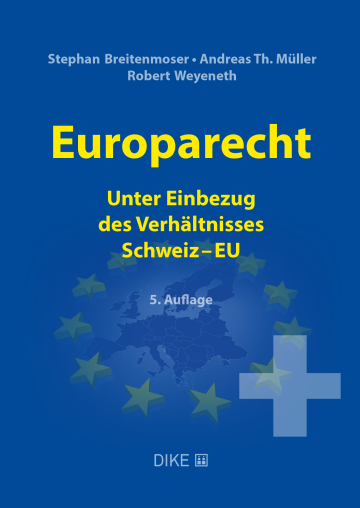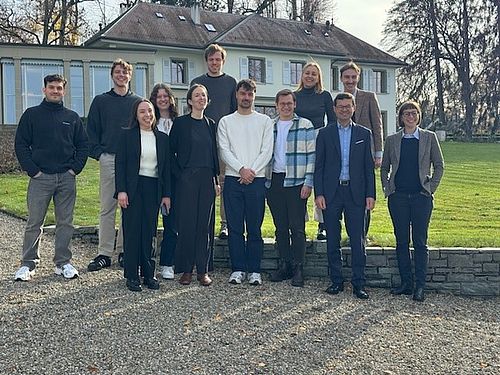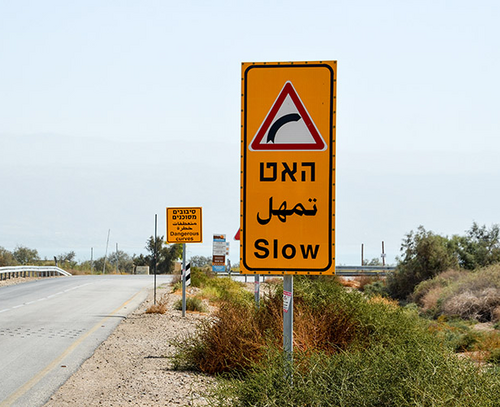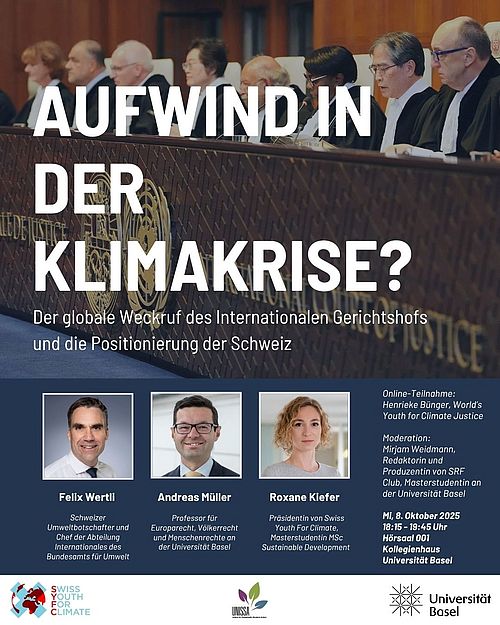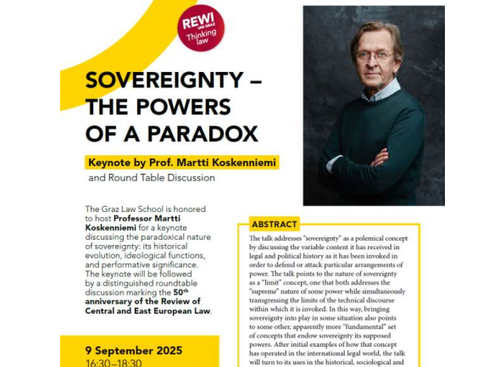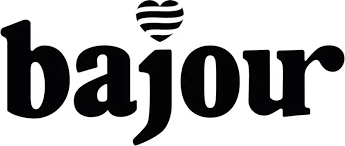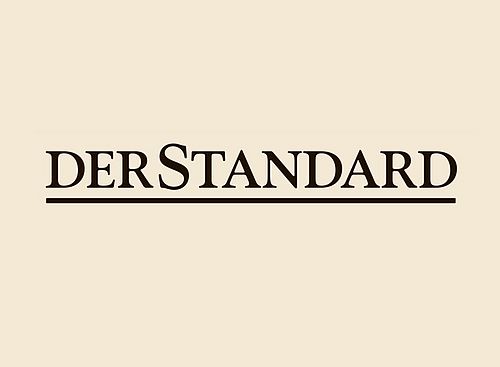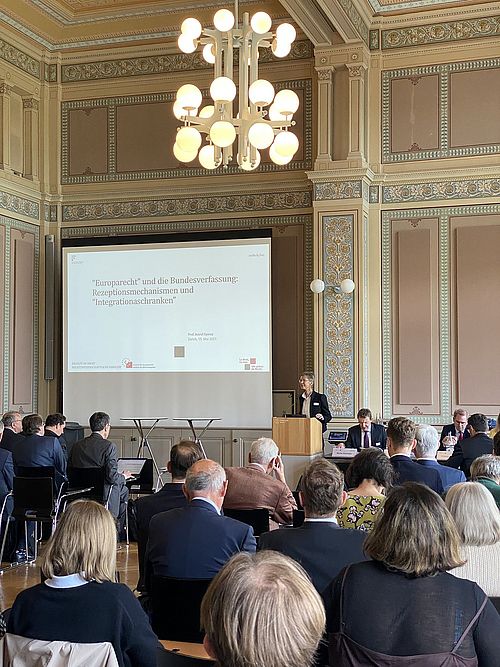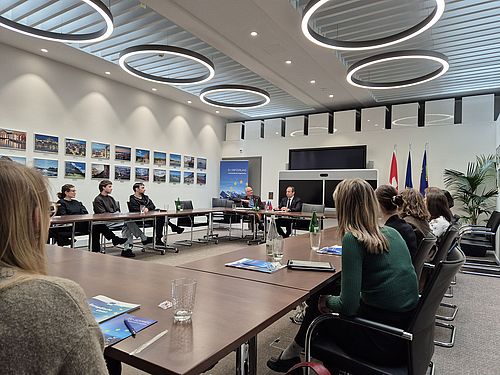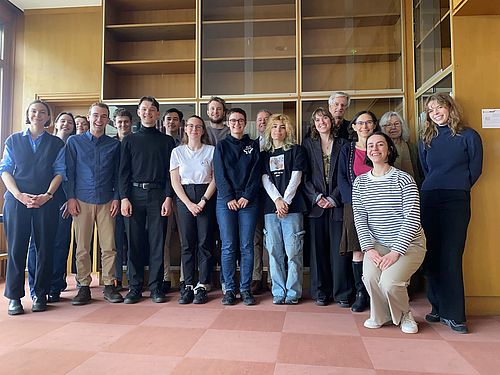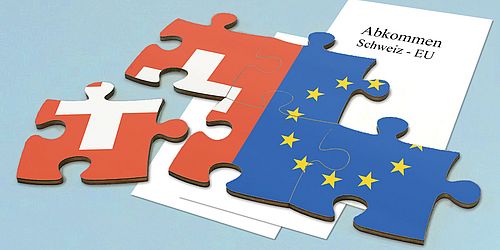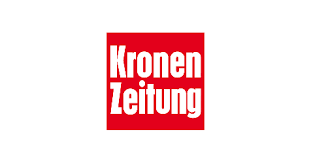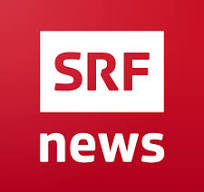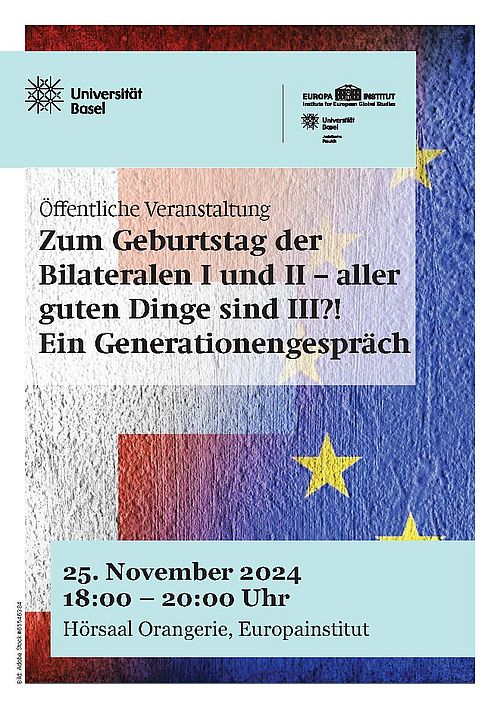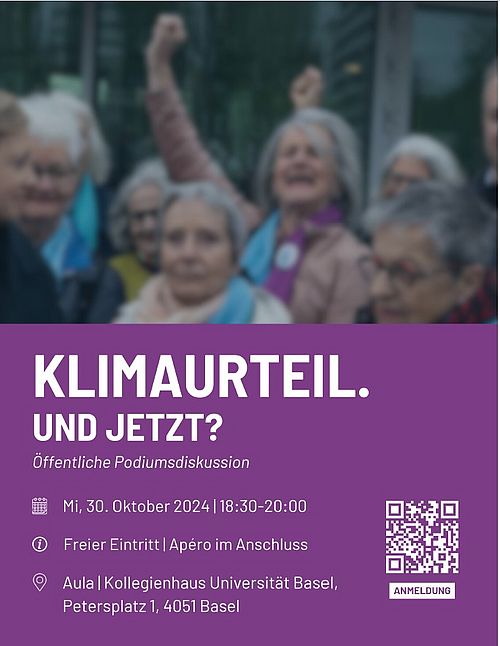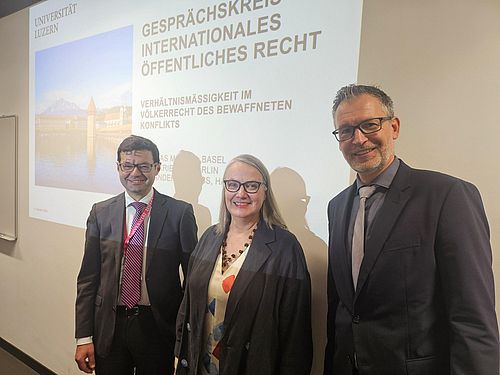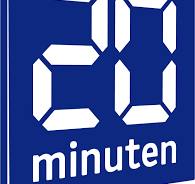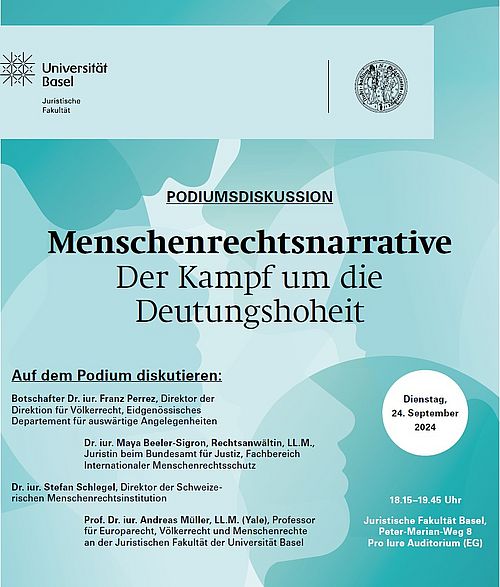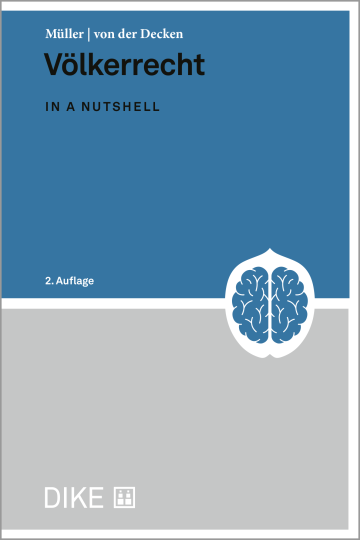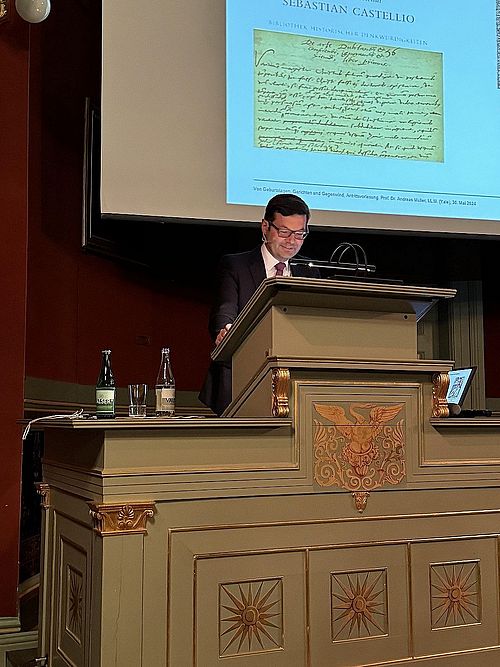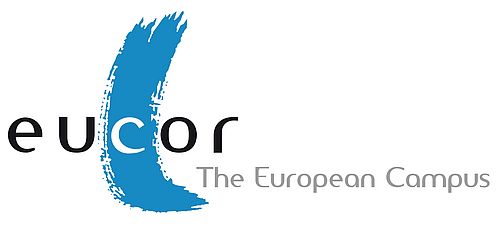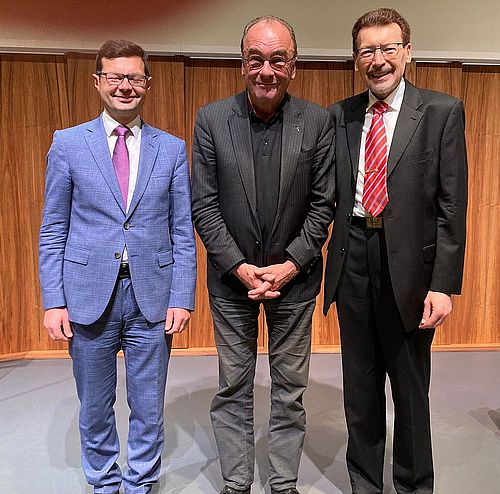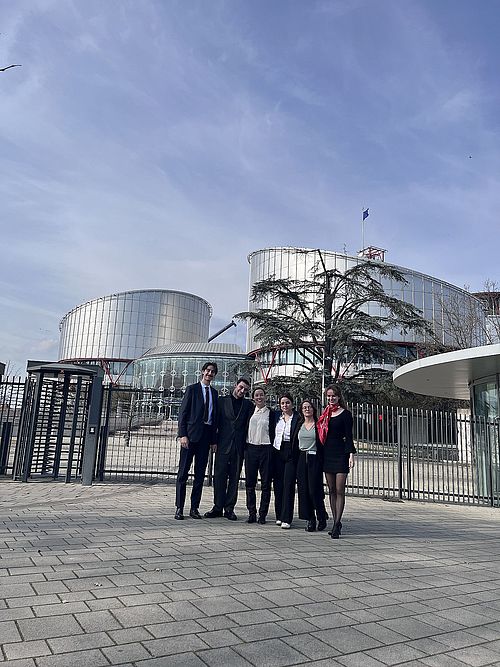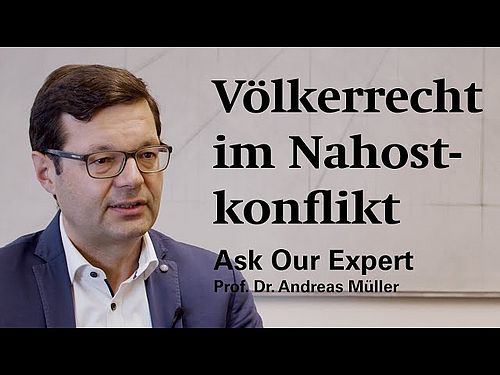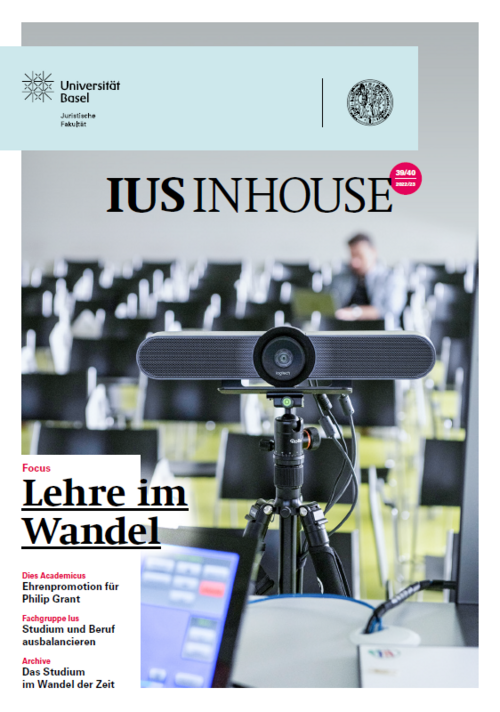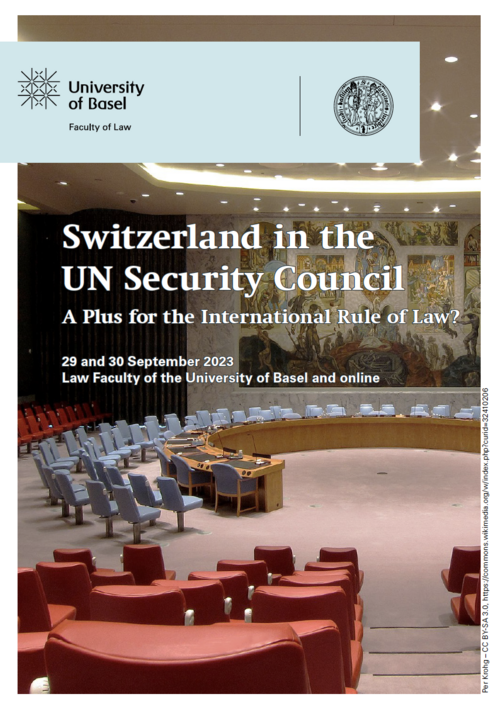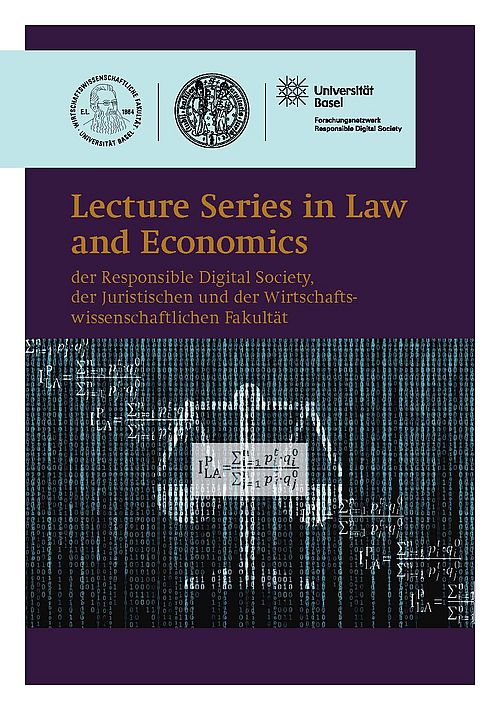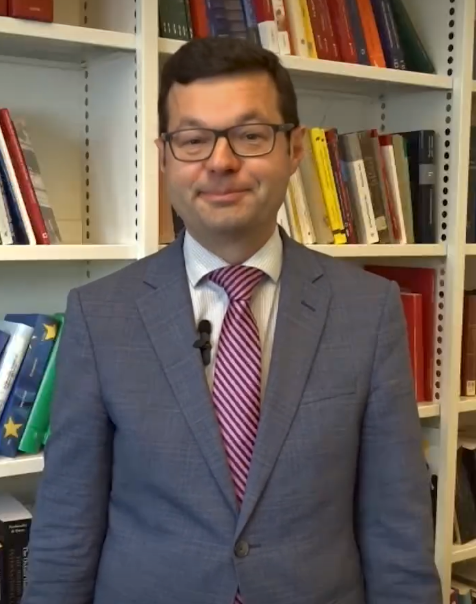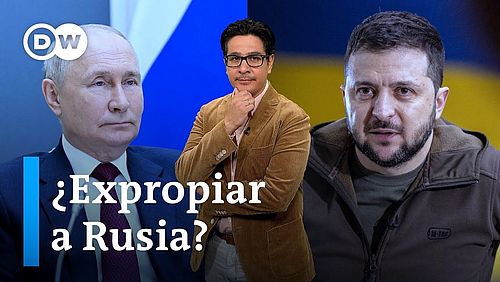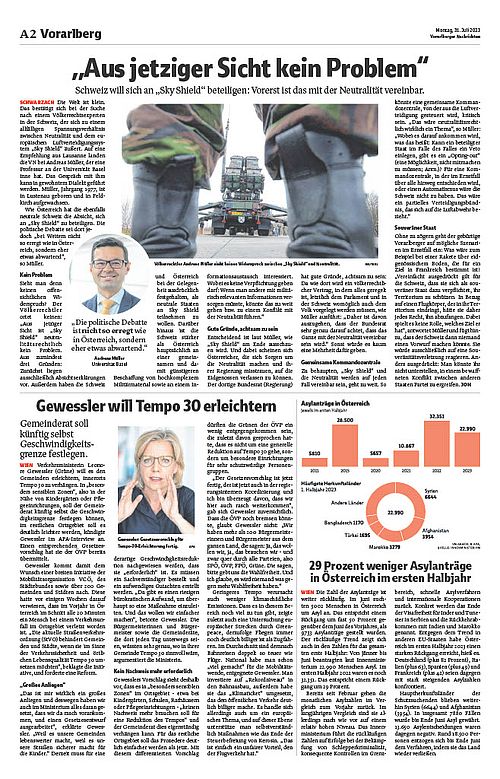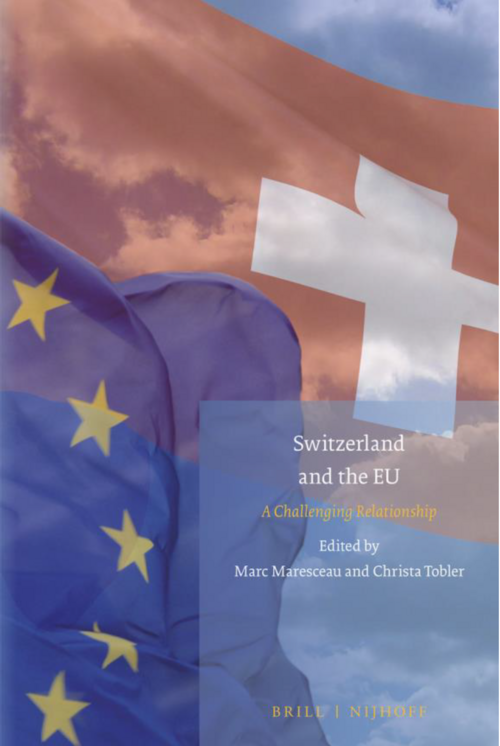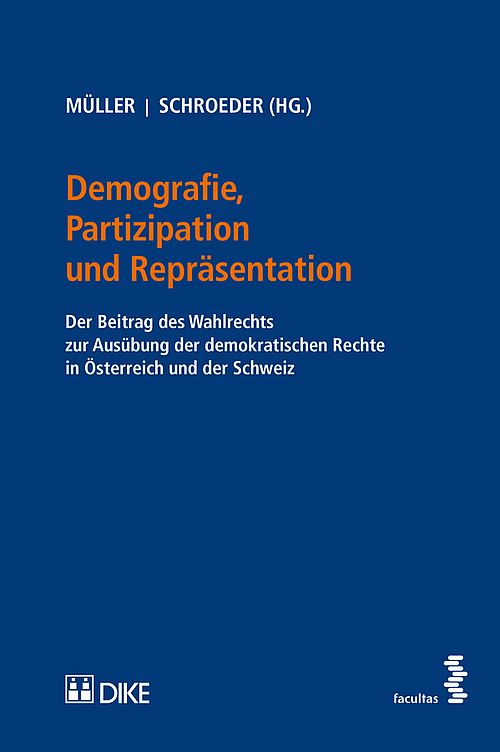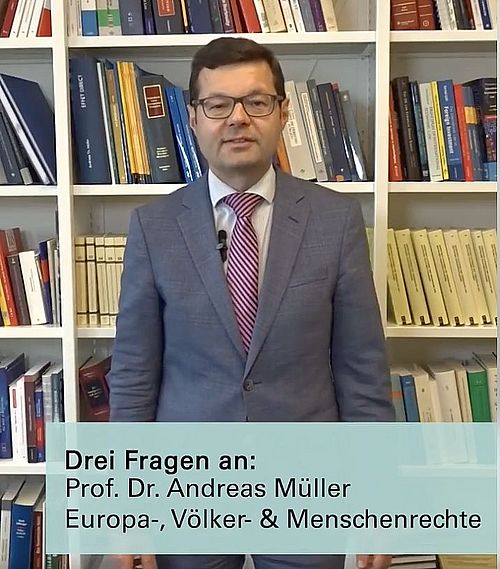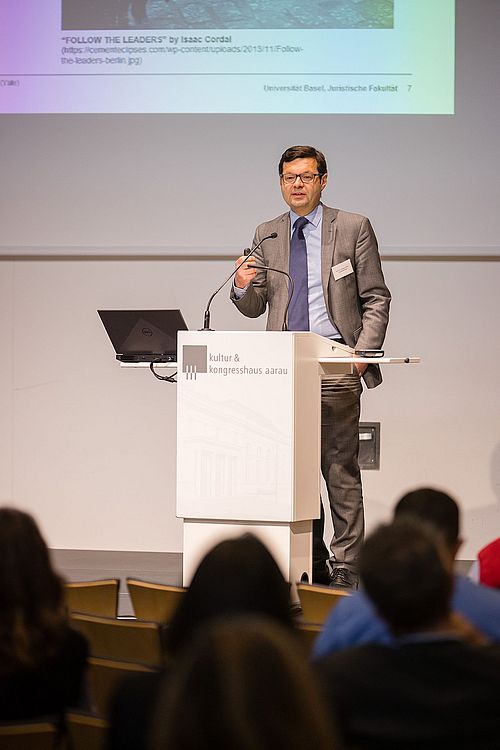The International Law Association (ILA) meets in Adelaide

In February 2024, the biannual meeting of the Committee on International Migration and International Law of the International Law Association (ILA) took place at Flinders University in Adelaide, of which Prof. Andreas Müller has been a member since its foundation in 2022. This was accompanied by presentations on the reform of the Common European Asylum System at the Kaldor Centre for International Refugee Law at the University of New South Wales in Sydney and on the Swiss deportation initiative and its consequences as part of the conference "A Critical Lens on Mass Deportation of Non-Citizens: Law, Crimes and Technology" at Flinders University in Adelaide.
Christmas market visit in Basel

For once, the last team meeting of the year did not take place in the closed rooms of the faculty, but in the fresh air in icy temperatures. The entire faculty team, with the exception of Anna and Colin, gathered for mulled wine, spaetzle and "Chäsbängel" on Münsterplatz and explored the Basel Christmas market together. In addition to the relaxed conversations, hearty laughs and coats stained with cheese, the mulled wine cups will remain as another memory of this evening as an addition to our office inventory.
We wish you a wonderful Advent season, a peaceful festive season and a happy new year!

